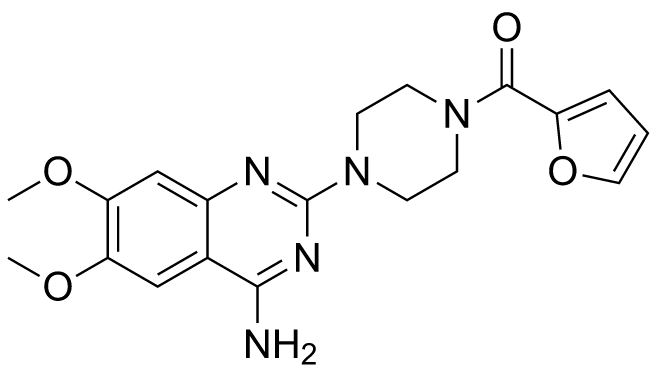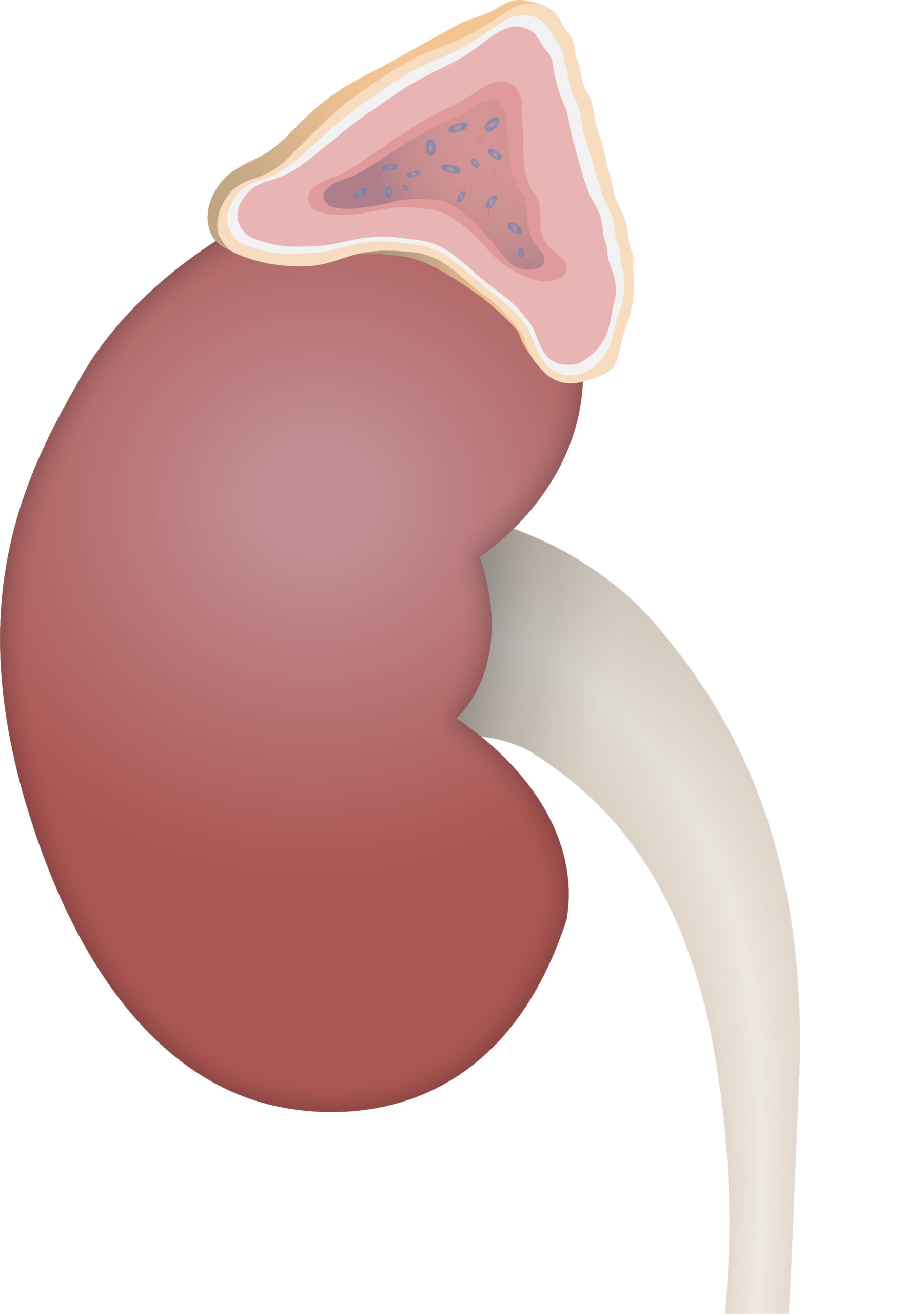Playlist
Show Playlist
Hide Playlist
Questions and Case Studies – Adrenal Pharmacology
-
Slides Questions Case Studies Adrenal Pharmacology.pdf
-
Reference List Pharmacology.pdf
-
Download Lecture Overview
00:01 Okay, let's do some questions. Question number 1. An 88 year old woman was given oral prednisone for the treatment of her rheumatoid arthritis. What are the side effects of prednisone? Decrease in blood sugar? Decrease in weight? Decreased fat deposits in the shoulder and face? Decreased peripheral fat and decreased fluid retention? The answer is D, decreased peripheral fat. 00:28 Remember that prednisone causes increased fat deposit in the face and shoulders, so people will have sort of that moon face, we often talk about that buffalo hump in the back, the quasimodo kind of look. 00:40 There is a decrease in peripheral fat, so the arms and legs may appear thin or emaciated due to the loss of subcutaneous fat. 00:48 The parchment-like skin observed with long-term prednisone use is primarily due to the drug's catabolic effects on collagen and other structural proteins in the skin, leading to significant thinning and fragility. 01:00 Similarly, prednisone can cause muscle wasting due to its catabolic effects on muscle proteins. 01:07 The other answers are all wrong. Prednisone will cause an increase in blood sugar. 01:12 Prednisone will cause an increase in weight. Prednisone will cause an increased fat deposits in the shoulder and face. 01:20 And prednisone will cause increased fluid retention. 01:25 Let's go on to the next question. An 8 year old boy presents with high blood pressure, precocious puberty, and an increased stature, meaning that he is tall. 01:35 He is diagnosed with Cushing's syndrome. Which of the following treatments is appropriate? A, surgery. B, ketoconazole. C, fludrocortisone. D, ciprofloxacin. And E, dexamethason. 01:54 Good, the answer is surgery. The primary treatment for Cushing's syndrome, particularly when it is caused by an adrenal or pituitary tumor, is surgery. This approach addresses the root cause of the excessive cortisol production, leading to a potential cure of the condition. Ketoconazole is an antifungal medication that can inhibit adrenal steroid synthesis and is used off-label to treat Cushing's syndrome by reducing cortisol production. However, it is typically used for patients with non-resectable tumors or when surgery is not an option. 02:34 Fludrocortisone and dexamethasone are exogenous steroids and they are used in steroid replacement therapy or to treat certain inflammatory conditions. 02:44 Ciprofloxacin is an antibiotic and has no role in the treatment of Cushing's syndrome. It is used to treat bacterial infections and is unrelated to the management of endocrine disorders. 02:56 Ciprofloxacin is an antibiotic that has no steroid reduction capability. 03:01 Let's take a look at another question. A 29 year old male presents with a blood pressure of 190/44, a resting heart rate of 134, and tremor. 03:12 A 24-hour urine collection shows significantly increased levels of fractionated metanephrines and catecholamines. By measuring individual catecholamines (epinephrine, norepinephrine, and dopamine) and their respective metabolites (metanephrine and normetanephrine), fractionation allows for more specific detection of abnormalities. 03:32 He is diagnosed with pheochromocytoma. You are the anesthetist prepping him for surgery. 03:37 What blood pressure medication will you choose? Will it be pregalbumin, propathiouracil, phentolamine, propranolol, or pravastatin? Right, phentolamine is the correct answer. So, be careful with these kinds of questions, they are often thrown on your exam. 03:56 They will often have drugs that sound similar to the correct answer and sometimes it confuses you and intimidates you. 04:02 Go through it systematically, you'll get the question right. 04:06 Remember that we want a non-specific blocker to block the effects of the adrenaline and noradrenaline that is floating around. 04:14 Phentolamine is a non-selective alpha-adrenergic antagonist, after adequate alpha blockade, a beta-blocker can be added to control tachycardia. 04:24 It is crucial to initiate beta-blockade only after alpha-blockade to avoid unopposed alpha-adrenergic receptor stimulation, which can exacerbate hypertension. Propranolol is a non-selective beta-blocker that blocks both beta-1 and beta-2 adrenergic receptors. The problem with propranolol is you can have unopposed alpha activity. 04:44 Pregabalin is a pain medication, that's not correct. 04:47 Propylthiouracil is an anti-thyroid medication, and pravastatin is an anti-cholesterol medication. 04:54 And their only reason for being on this question is because they sound similar to the answer. 05:00 Well, there you have it. That's our entire section. I'm sure that you're going to do very well on the exams. 05:06 Thank you very much for watching and good luck.
About the Lecture
The lecture Questions and Case Studies – Adrenal Pharmacology by Pravin Shukle, MD is from the course Endocrine Pharmacology. It contains the following chapters:
- Question 1: Adrenal Pharmacology
- Case Study 1: Adrenal Pharmacology
- Case Study 2: Adrenal Pharmacology
Customer reviews
5,0 of 5 stars
| 5 Stars |
|
1 |
| 4 Stars |
|
0 |
| 3 Stars |
|
0 |
| 2 Stars |
|
0 |
| 1 Star |
|
0 |
Good lectures, clear and easy to follow. Thank you, Dr. Shukle.





